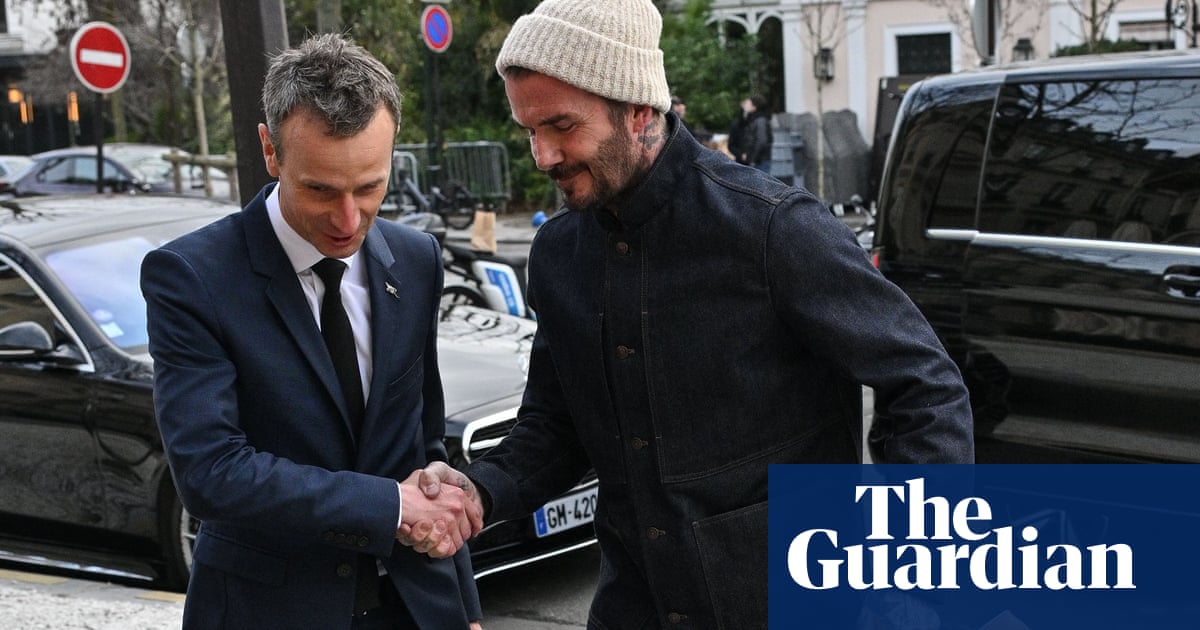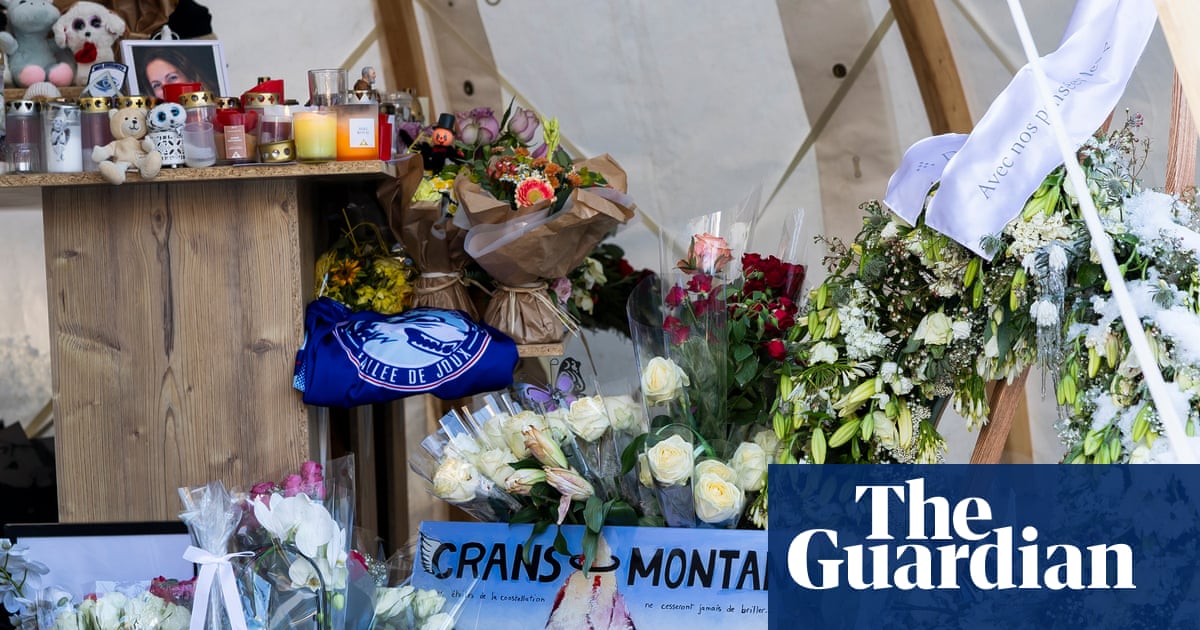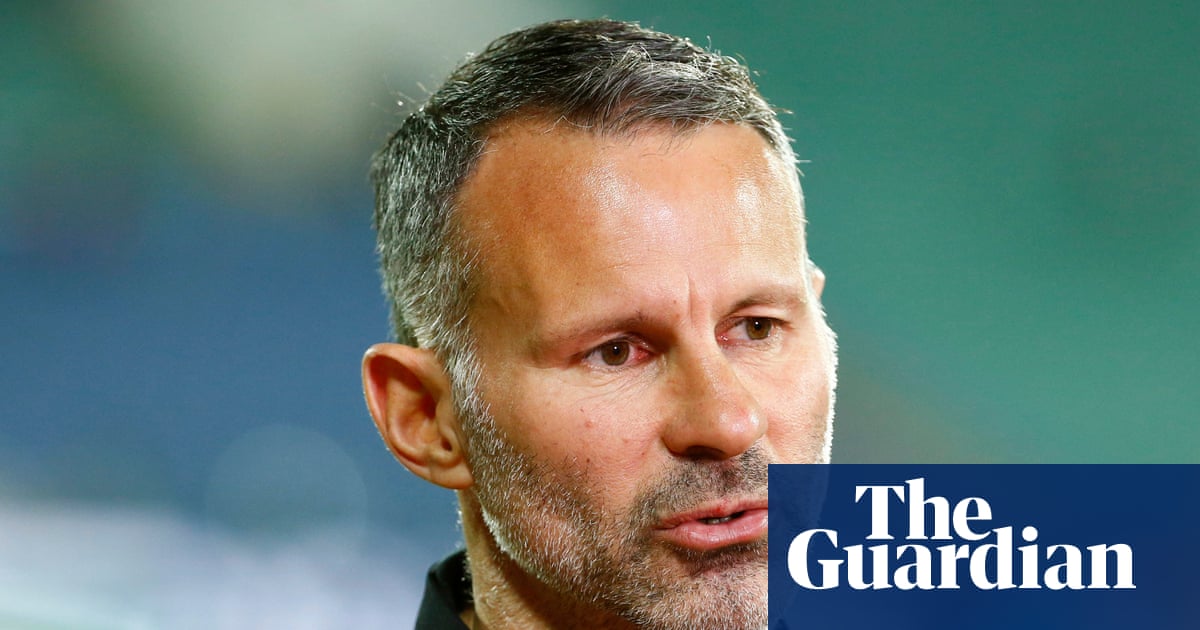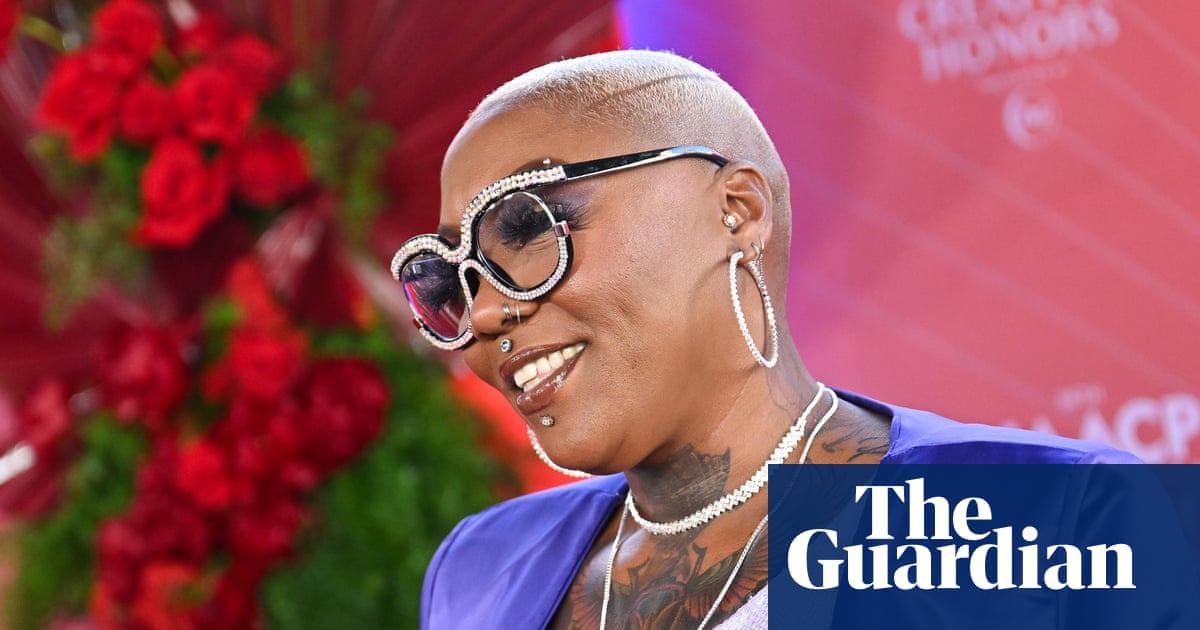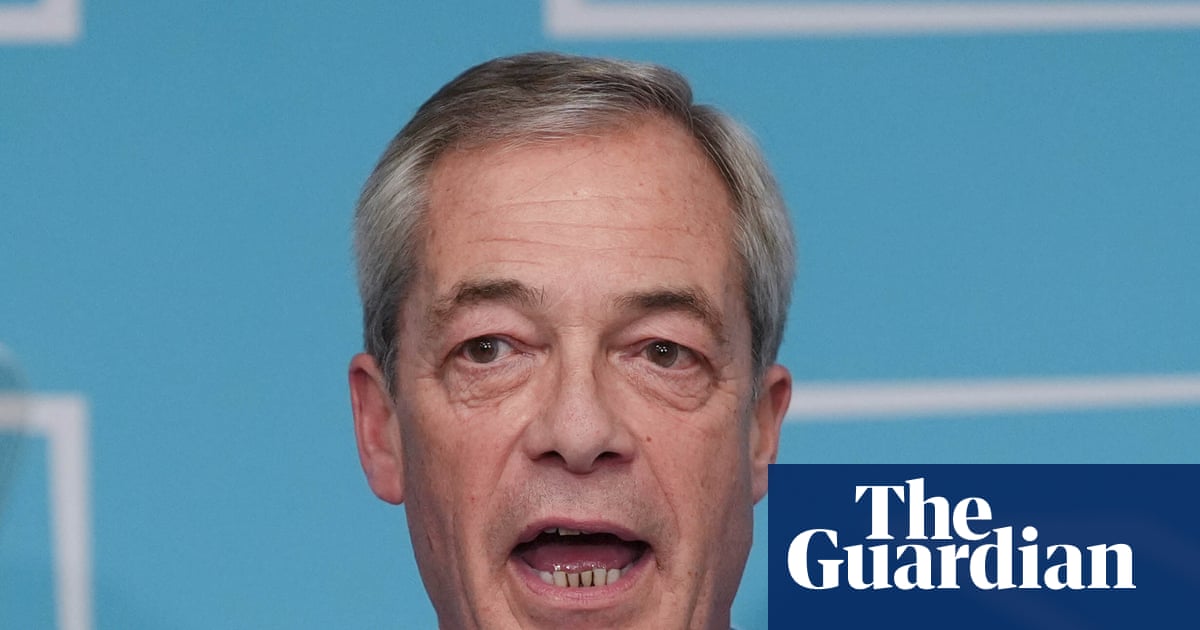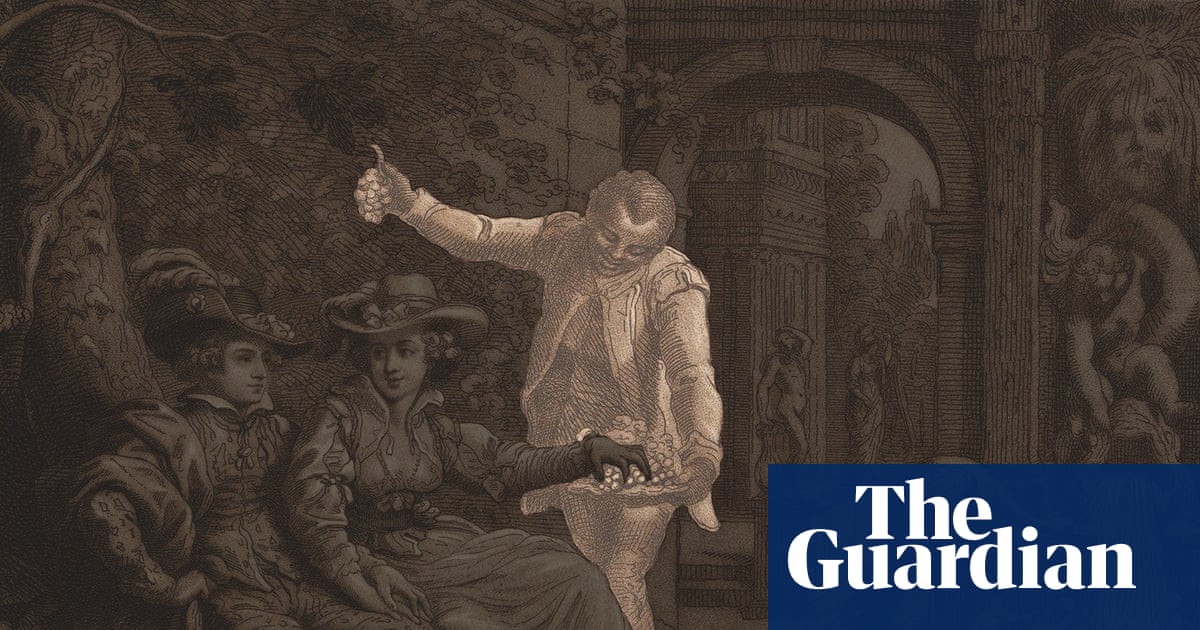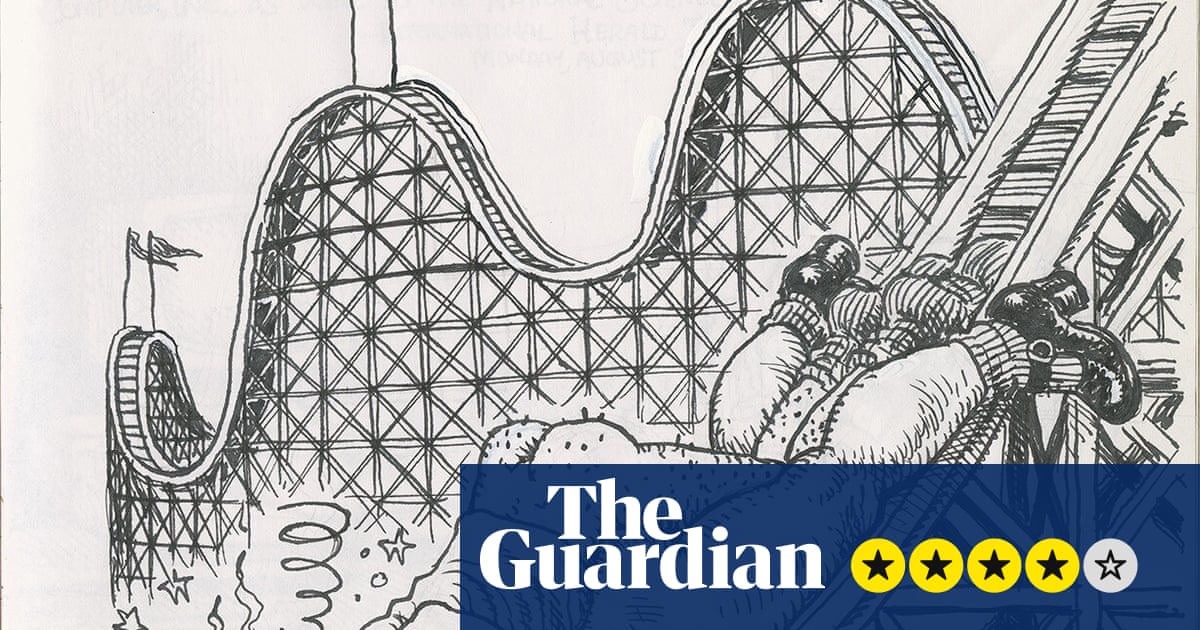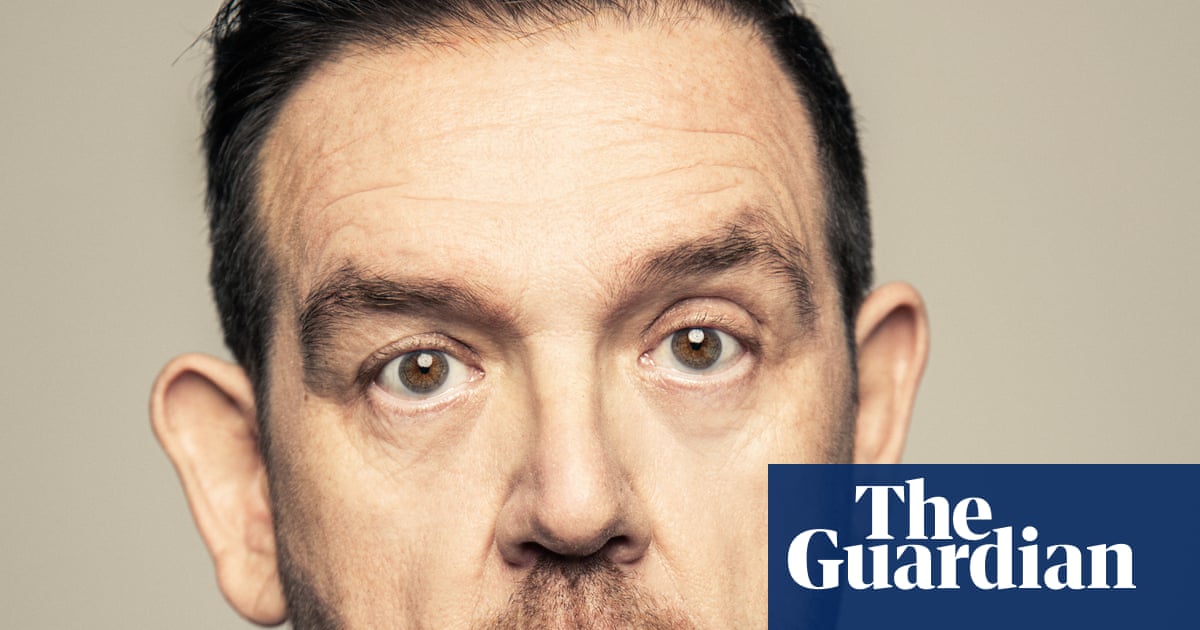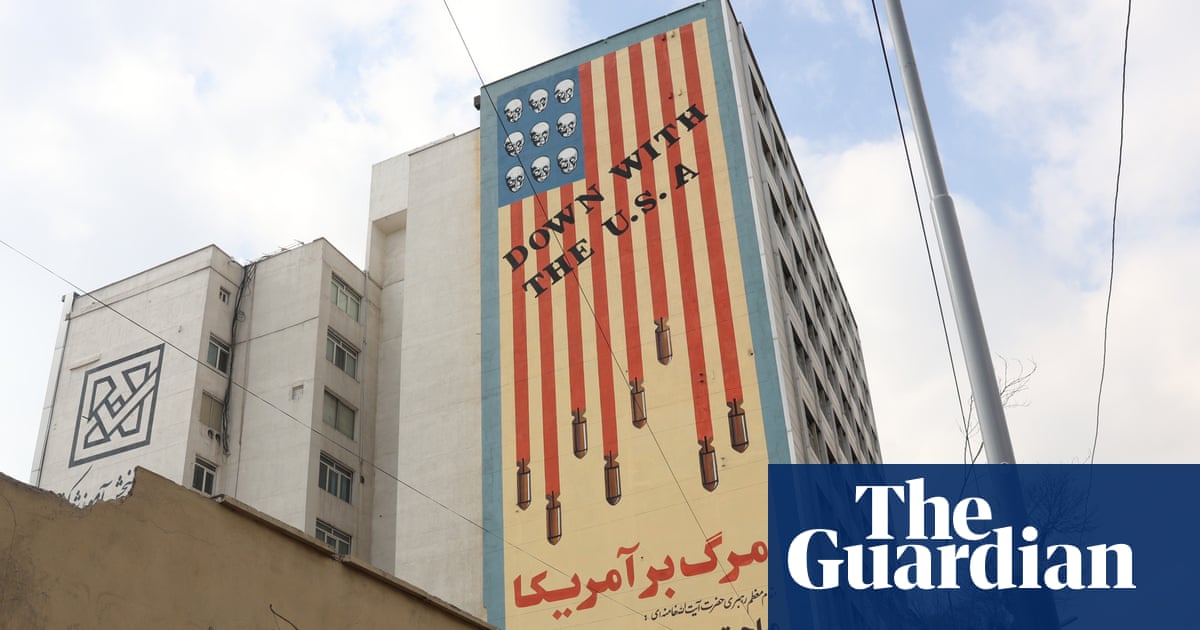In the framing device that opens the Middle Eastern folk tales collected in One Thousand and One Nights, King Shahryar avenges his wife’s infidelity by ordering her execution and marrying a new virgin every night, having each of them beheaded by sunrise so they won’t have time to cheat. When he runs out of victims, the young Persian queen Shahrazad volunteers but stalls her own murder by telling the king one captivating tale after another – and those become the stories we’re reading.
As Jeanette Winterson puts it in her new book – a dizzying whirligig of memoir, history, philosophy, politics and self-help, loosely tied to commentary on the Nights – Shahrazad’s feat of creativity “refuses the present emergency – the contrived drama of a powerful man”. The echo of life in the Trump era is deliberate; for Winterson, the means by which Shahrazad changes her predicament holds out hope for a progressive politics currently losing ground to “radical-rightwing thuggery”. “A better story starts with a better story,” she writes. “Reason will not win the day. Without imagination nothing changes.”
Each chapter opens with a pithy retelling of one of Shahrazad’s tales, spritzed with 21st-century idiom (“The Vizier … has no manosphere where he can vent”), before giving way to wide-ranging reflections on anything and everything, from the history of eugenics, to 13th-century Mali, to the awfulness of the trouser suits “preferred by some CEO types and lots of female politicians”. As opinions on matters big and small fly past, the tone evokes by turns a party political broadcast, Radio 4’s Thought for the Day, an old friend setting the world to rights. “A global economy that works for the many is not a childish dream … There’s always enough money for a weapons factory.” A brisk analysis of the misogyny of Mozart’s Così Fan Tutte concludes that it’s pointless to cancel dead artists (“We’re not marrying them”). At one point, Winterson tells us that compassion is wasted on sex offenders: “There is such a thing as evil, and we should not excuse it or forgive it.”
It feels thrillingly direct, even when her views are run of the mill: the internet fosters division because “millions of followers … cluster round ideas rotten at the core – like flies on a carcass”, while smartphones lull us into photographing our lives without actually seeing anything. “I am sure people are addicted to falling in love because it’s one of the scant times when we really do look and look and look,” says Winterson, writing of how a new lover sharpens our perception; but the best remedy, she suggests, is art, which lets us “get closer to ourselves”, unlike the dopamine mill of TikTok (“a miserable way to live”).
More unorthodox is Winterson’s embrace of big tech’s potential to redefine selfhood, a subject previously addressed in her essay collection 12 Bytes (2021) and her sex-robot novel Frankissstein (2019). The metaverse enables “the you that is not met, or served, in the usual world”. Nanobots in our bloodstream, like silicon chips in our brains, let us be “no longer dependent on a body, or what a body depends on” – which doesn’t mean not being human, “unless you think being human begins and ends with biology”. As for sentient AI, bring it on: “Our game of thrones will be over … What would a non-biological entity want with gold, cars, private jets, guns and land grab?”
It’s hard to reconcile this with the general thrust of her politics, though the idea that fallen humanity might learn a thing or two from a disembodied redeemer perhaps bears the trace of Winterson’s evangelical upbringing, written about elsewhere and revisited here. Her adoptive mother hoped she’d be a missionary, and maybe there’s a trace of that, too, in the infectious urgency of this freewheeling disquisition.
For Shahrazad, art makes the difference between life and death, and it’s never not been essential, Winterson argues. “Who comes home, after a long day hunting and gathering just to stay alive, and settles down to paint pictures on the wall? Humans! And first we had to make the crayons. So don’t tell me art is a luxury.”
after newsletter promotion

 2 months ago
42
2 months ago
42
